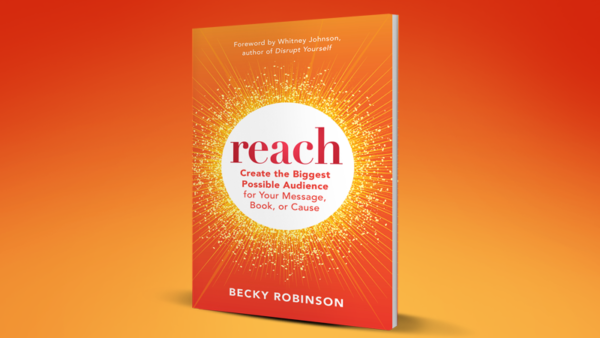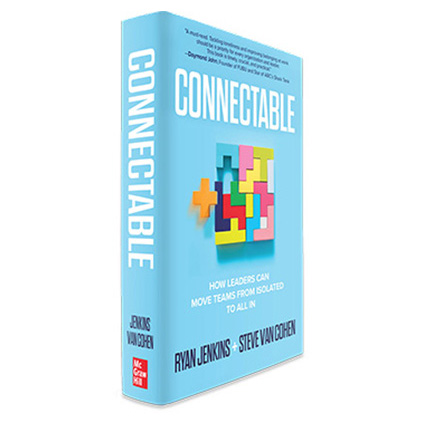Vera is a newly married introverted project lead in a high tech company. Over lunch, she told me that she finds it easier to address conflict with her diverse work group than she does with her extroverted spouse. She told me she was afraid that by tiptoeing around each other they would end up like her parents, who barely spoke and didn’t have the happiest of marriages. “Any tips?” she asked.
Experience Teaches
I am by no means a marriage expert, but I have learned a few things from being married to my introverted husband, Bill for over 45 years. The biggest learning? I can’t change him. He will never jump up and down when he is excited or tell me that he wants to talk about our “relationship.” I never will sit and think too long about our disconnects but will often express them at the moment.
I and have also learned that you shouldn’t avoid conflict as your major way of operating. Stuffed feelings and fiery reactions can let off steam but lead to resentments and anger that comes out later in larger explosions.
What I Learned From Genius Opposites
I researched “genius opposites” at work, introverted and extroverted pairs who make their relationships work and who achieve results over time. Like Michelle and Barack Obama these couples complement each other and also learn how to wade through their differences, emerging on the other side stronger.
“The Death Knell to Real Collaboration is Politeness” Francis Crick, Scientist
Extroverts and introverts are profoundly different. Extroverts get charged by being around other people. Introverts find socialization draining and regain their energy with alone time. Extroverts speak in order to think; introverts think in order to speak. These differences can drive some pairs crazy. But for those who are able to work together, their combined strengths can achieve incredible results – ones they could never get to on their own.
Successful opposites in relationships acknowledge their differences, using them to challenge each other and blast apart assumptions. They accept that decisions come with conflict and that conflict is normal, natural, and necessary. They know that disagreements open up the path to an outcome. Successful opposites get that avoiding conflict, on the other hand, creates tension and prevents them from achieving innovative and creative solutions.
Biologist Francis Crick said it well: “The death knell to real collaboration is politeness.”
We Pull Out Our Best From Each Other
Introvert and extrovert opposites, working together, can do extraordinary things by pulling out the best thinking from each other, like blending two brains into one. But they have to be willing to “bring on the battles” for the world to benefit from the results of their genius. Valentines can do the same.
In writing The Genius of Opposites: How Introverts and Extroverts Achieve Extraordinary Results Together I found partners share six key strategies to work through conflict and manage disagreements. The same lessons can apply at home. As you navigate your new or old relationship with your opposite Valentine, consider these ideas.
1. Remember energy differences.
Accept that your partner’s introverted energy may wane from too much people time, or your extroverted colleague might get too hyped up during a conflict. During conflict and stress, we exaggerate our strengths (like to talk more often and louder as an extrovert or retreat into yourself as an introvert). Resist the tendency to amplify your natural traits. Sometimes a timeout is the best workaround to help you regroup and reconvene, ready to engage with a clear head. Factor in breaks or a few moments of quiet to keep moving toward a resolution.
2. Tell ‘em what you need.
You can set the foundation for clear communication when you bring on the battles. Let your partner know specifically what you want and what you need to avoid emotional flare-ups. If you need to find a private space to work, then tell them. Or if you need to spill out your thoughts, say so. Mind reading doesn’t work here.
3. Manage crisis together.
When an inevitable crisis occurs, put your heads together and figure out a way through. That often means drawing on the partner in the pair who is better suited to meet the problem at hand. Figuring out the logical solution may be your strong suit, while your opponent’s strength might be going to the source and diffusing the situation.
4. Bring in a third party.
Sometimes when you reach an impasse, no amount of discussion will work. The best action you can take is to bring in a neutral party, an objective outsider, to break through the tension and help you get unstuck and find a win-win way forward. I referred to Michelle and Barack Obama. In Michelle Obama’s book Becoming, she talks about going to marriage therapy as a young people navigating their communication and responsibilities with young children and growing careers.
5. Walk and talk.
Consider moving your conversation outside the doors of your home. Talking out their ideas helps extroverts while walking around helps them gain clarity about their positions. Introverts will respond to the relaxed pace. They also will conserve energy by not having to concentrate on making eye contact and other in-your-face listening behaviors. When you let the juices flow by getting up and moving, new ideas spring up and you will see solutions together.
The more high stakes the situation, the more important it is for opposites to bring on the battles as an outcome-focused team or couple.
Sharing knowledge about Introvert-Extrovert differences with your Valentine isn’t a cure-all. It may not settle skirmishes over whose dishwasher loading method is best (mine, btw) but it can help you clear the static and bring you back to a flow that attracted you to your partner in the first place.
Happy Valentine’s Day!





